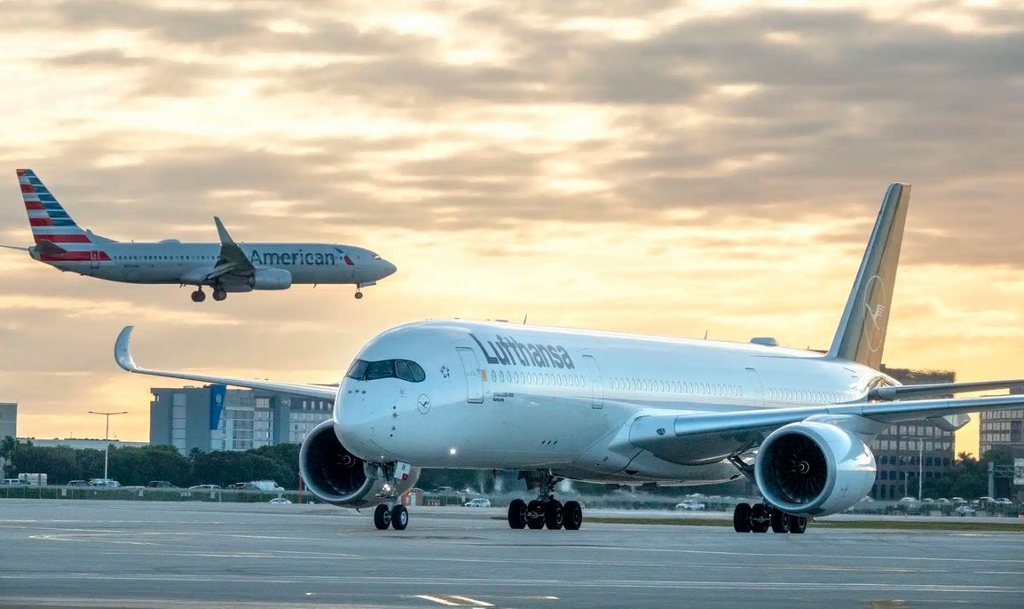Q COSTARICA — President Rodrigo Chaves described the accusation against him as a blatant setup led by the Judicial Branch’s security network. He asserted that the act was revenge against him to silence him because he has reported cases that no president has.
“This is a country of impunity, where there is no justice, much less justice served. Cases like Diamante, Cochinilla, and Aldesa are never resolved, while drug traffickers and hitmen enter and leave the courts as if nothing had happened,” Chaves stated during his appearance on Friday before the special legislative commission discussing where to recommend to the Legislative Assembly to lift presidential immunity so that criminal proceedings can be opened against Chaves.
In the appearance, accompanied by his personal lawyer, José Miguel Villalobos, Chaves maintained that two of the three branches of government are “atrophied,” referring to the Legislative and the Judiciary, and urged their reforms.
Chaves argued that, since his first appearance before the Full Court, he dared to denounce the indifference of the judiciary in high-profile investigations and that, since then, “they want to take revenge, punish me, or gag me.”
He asserted that the Prosecutor’s Office is “incompetent and servile” and that the Constitutional Court has become “a de facto constituent assembly, with increasingly absurd interpretations of the Constitution.”
The president is being charged with possible bribery, as is Jorge Rodríguez, the Minister of Culture, who allegedly demanded US$32,000 from presidential advisor Federico “Choreco” Cruz.
That money, according to the complaint, was intended as a down payment for the purchase of a house in the Barlovento residential area in La Unión and came from a contract with the Central American Bank for Economic Integration (CABEI) for communications services for Government House (Casa Presidencial).
He claims that his government was threatened with police raids related to the Parque Viva case, the CCSS, Civil Aviation, MOPT, and with rumors and threats of raiding Casa Presidencial.
He asserts that all of these “were messages for me.”
“But they won’t succeed. I am supported by a public willing to pass the bill on to whoever has to pay, hopefully with the means that democracy provides.”
Rodrigo Chaves’ personal lawyer accuses Fiscal General (Attorney General) Carlo Díaz of “fabricating a case”.
Sitting beside his client, after a lengthy presentation, José Miguel Villalobos, accused Fiscal General (Attorney General) Carlo Díaz of making a “gross error”.
Villalobos maintained that the alleged down payment for the home for Federico Cruz was paid directly by Bulgarelli to the condominium owner, so Díaz needed to “fabricate a case against Bulgarelli” and then offer him immunity to testify against Chaves.
“How can the businessman be the victim of a crime and, at the same time, accused of actual favoritism?” the lawyer questioned, calling the accusation “perverse.”
Could Rodrigo Chaves go to jail?
Legislators are currently analyzing the Full Court’s request to lift presidential immunity. If convicted of extortion, Chaves could face a prison sentence ranging from two to eight years, according to the Penal Code.
This is an unprecedented case in Costa Rican history, as no sitting president has ever been stripped of his immunity to face criminal proceedings.
According to the law, legislators are responsible for analyzing the case and ratifying, by a majority vote of 38 of the 57 votes, to lift the president’s immunity for a criminal trial to proceed.
Immunity is a privilege enjoyed by legislators, presidents, vice presidents, and ministers, allowing them to carry out their duties without legal problems.
In the case that Chávez had resigned the presidency, as had been speculated, to run for a legislative seat in the 2026 elections, the bribery charge would be heard in a regular court, and a decision by the Legislative Assembly would not be required, nor would the Third Chamber be in charge of the trial.
Source link
Rico



